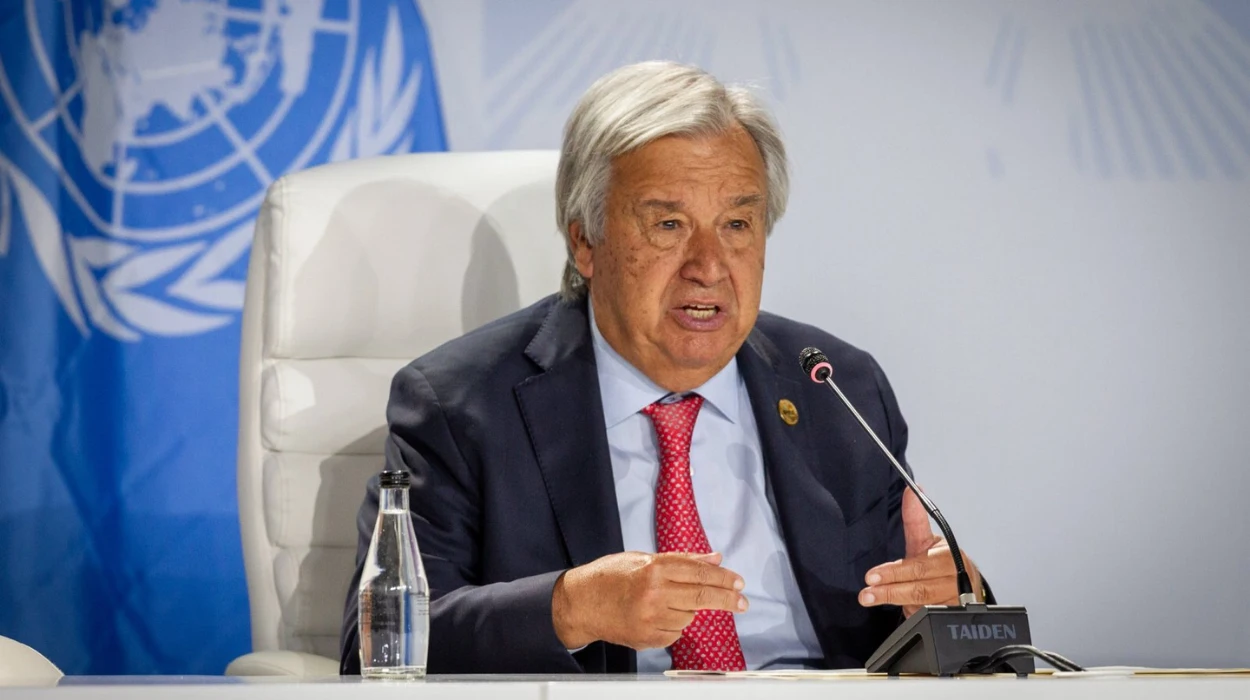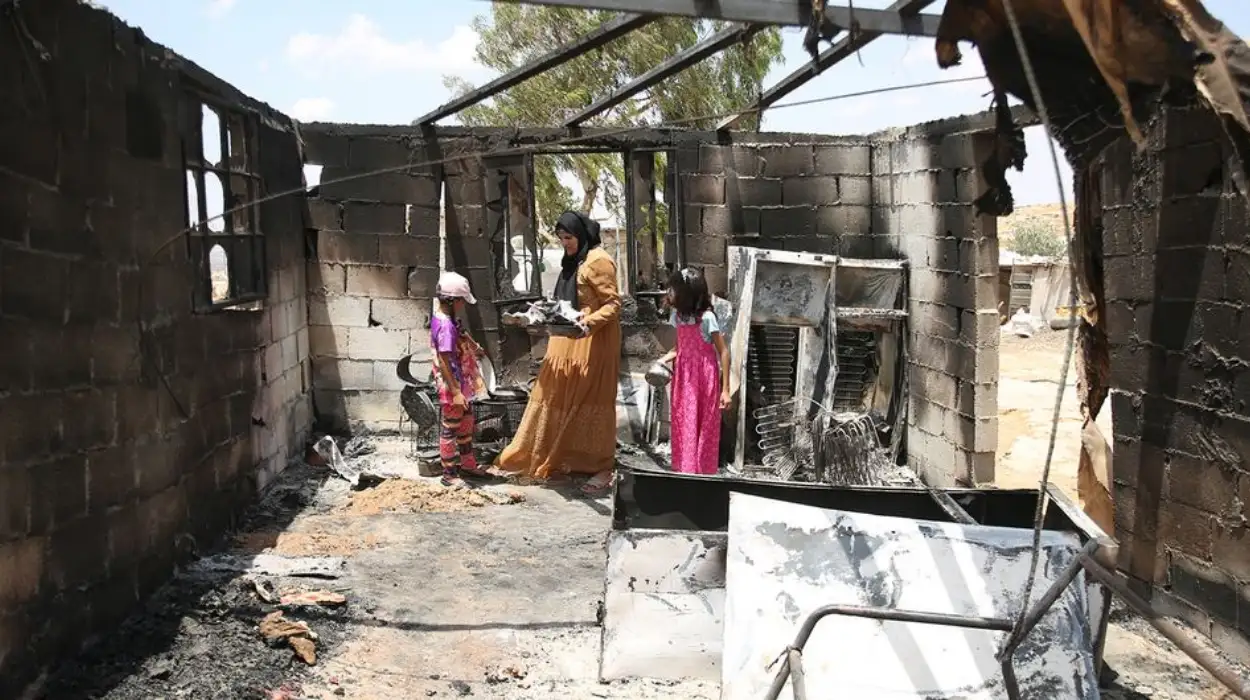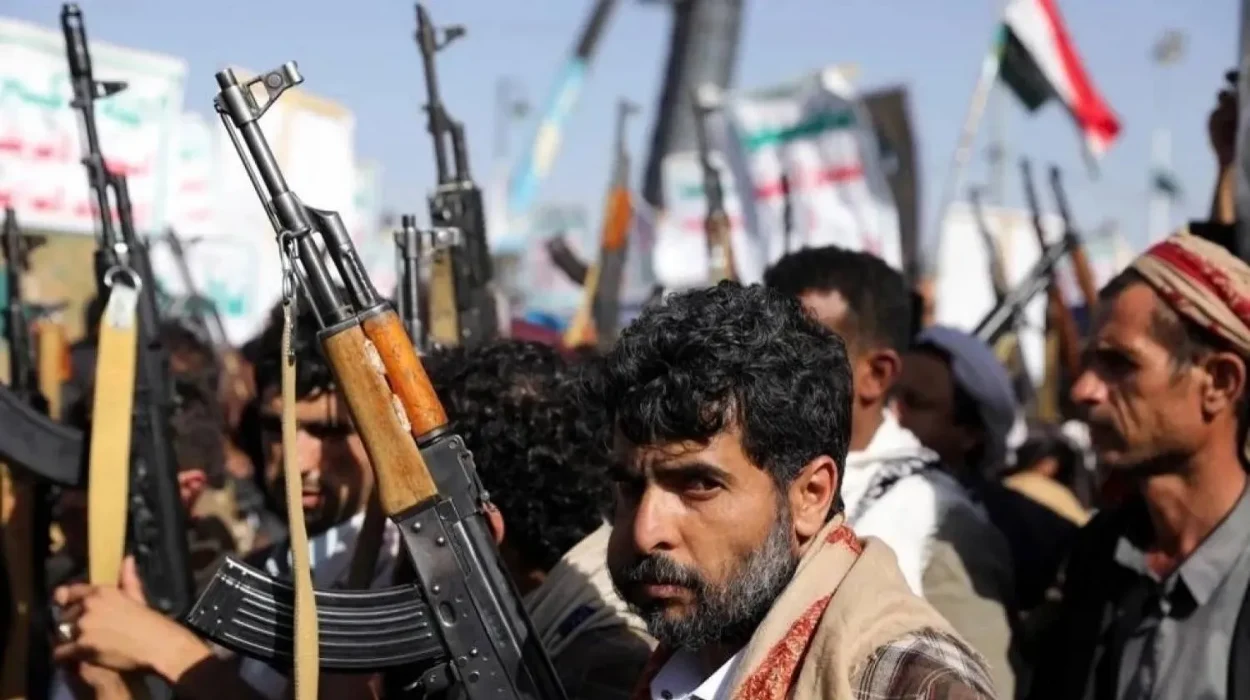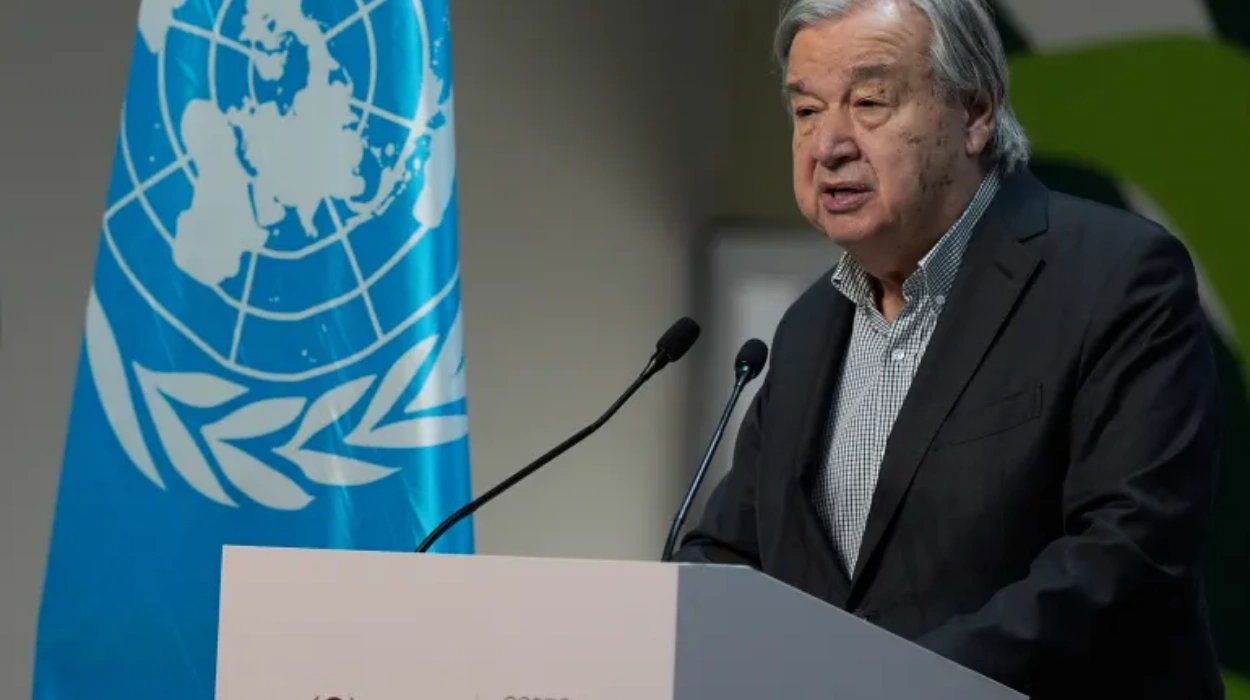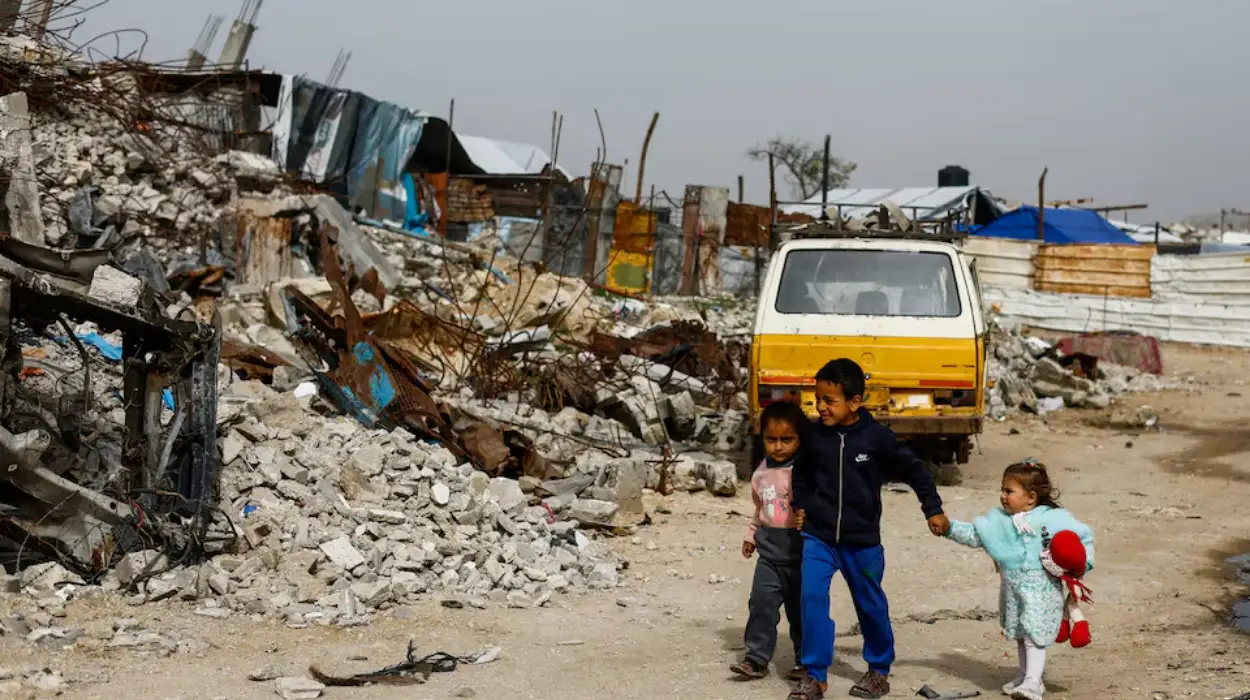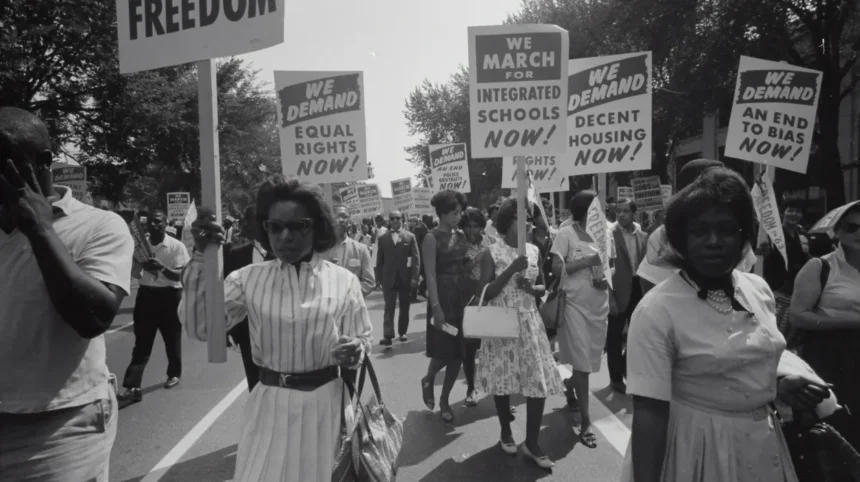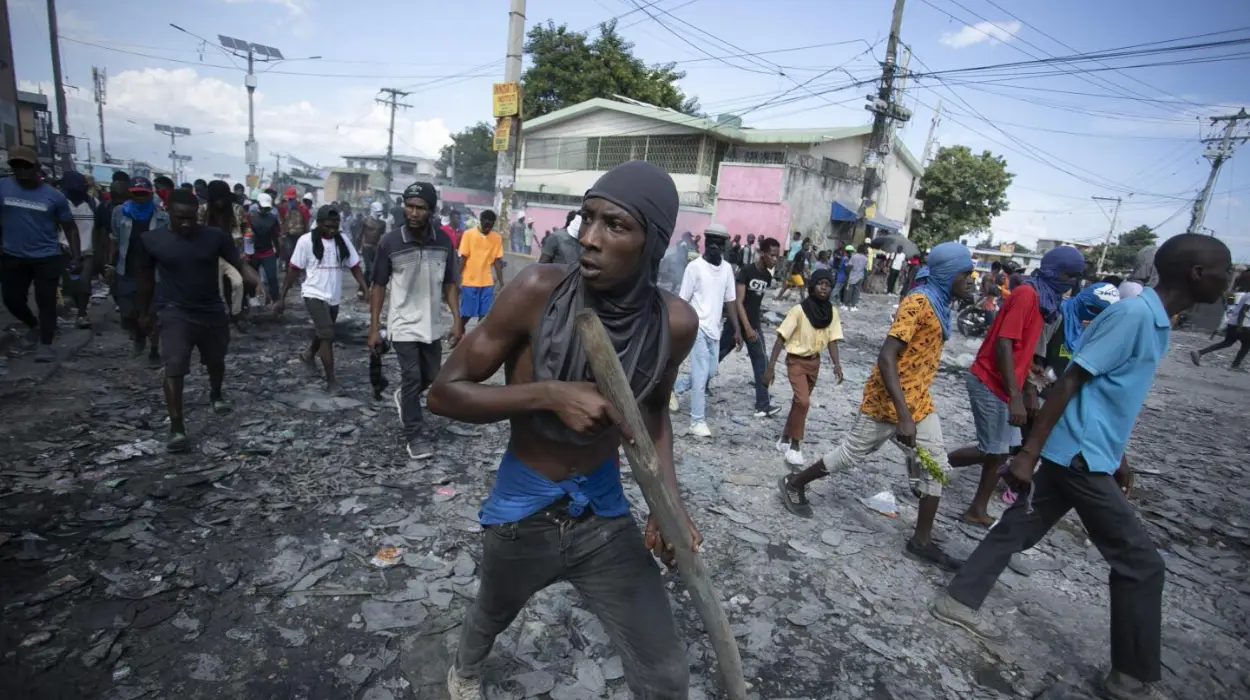Five years In 2025, calls for an end to institutional racism and centuries of exploiting Africans are heard worldwide, but the rate of change has been uneven. In anticipation of August 31, the International Day of People of African Descent, UN Secretary General António Guterres recently echoed the refrain that “it is long past time to right historic wrongs,” joining activists, scholars, and communities the world over.
Centuries of colonialism, slavery, and institutionalized racism have created enduring inequalities that have cross-cutting impacts in the economic, political, and cultural spheres. People of African descent continue to suffer unfinished disparities, in line with recent UN estimates, in terms of access to quality education, health care, economic empowerment, and digital access – structural disadvantages compounded by what Guterres referred to as “dehumanizing narratives,” where bias built into platforms’ algorithms reinforce ideas of racial hierarchy in the digital age.
The Call For Real Change During The Second International Decade
The International Decade for People of African Descent (2025–2034) is framed around “Recognition, Justice, and Development.” The first decade, which began in 2015, sought changes in law, and established institutions like the UN Permanent Forum on People of African Descent, but compliance gaps took many of the aspirations out of reach.
The second decade is intended to increase the focus on reparatory justice, disaggregation of data on racial inequality, and legally binding instruments on the rights and identities of peoples of African descent. The potential passage of a UN declaration naming the rights of peoples of African descent would act as transformative statement toward rooting accountability in the structure of international governance.
Centering Equity And Structural Change
At the center of the agenda for the new decade is the demand for policies to do more than eliminate explicit discrimination and extend to the structural sources of injustice. Across policy in education, land reform and cultural rights, symbolic inclusion is not sufficient, the proponents contend. The journey towards justice should be marked by measurable socio-economical and political changes.
Such changes are partially propelled by a range of regional and trans-national institutional actors (e.g., the African Union, Latin American states and Caribbean governments) which continue to sync their development programs with human rights standards, generating a framework for durable educational and institutional strategies for redress.
Global Disparities And Digital Divides
Despite growing awareness and recognition, Afro-descendants have been consistently among the world’s most economically excluded groups of people. UNDP data published at the start of 2025 demonstrated that Afro-descendants continue to experience disproportionate poverty, underemployment and hunger disparity in the Americas, Europe and Sub-Saharan Africa.
Many education systems still harbor systemic exclusions, with African heritage being barely represented, with schools under-resourced and fewer attending university. There is also a structural grievance about access to healthcare, given that under-resourced clinics and systemic racial bias within health care systems lead to poor health outcomes for Black communities.
Technology Access And Algorithmic Discrimination
Despite increasing consciousness and recognition, afro-descendants still have been consistently among the more economically excluded groups of human beings on the planet. UNDP data published at the start of 2025 revealed that afro-descendants continue to experience disproportionate poverty, underemployment and hunger disparity in the Americas, Europe and Sub-Saharan Africa.
Schools in the majority of countries still bear the scars of previous exclusions, with limited African heritage inclusion, poorly funded institutions, and reduced access to universities. Similarly, healthcare is still an issue of structure, with under-resourced facilities and racism embedded in the medical systems creating poorer health for Black individuals.
Reparations And Accountability: Platforms For Progress
The Global Digital Compact of 2024 identified racial discrimination in digital systems as a major equality threat. Artificial intelligence technologies used in recruitment, law enforcement, and lending often mirror and amplify discriminatory outcomes. Digital inequality further marginalizes already geographically and poverty-disadvantaged communities.
UN Secretary-General Guterres warned against the consequences of such biases, calling for rights-based AI and inclusive digital infrastructure. Technology can become a tool of disempowerment rather than empowerment for African-descended people without deliberate safeguards.
Legal And Political Pathways To Justice
The momentum for legal recognition of these claims is gaining ground. South Africa, Brazil, and Colombia have initiated national reparations dialogues, and nongovernmental organizations are calling on the International Court of Justice to rule on cases of slavery and racial oppression as international law breaches.
Although political will is localized, there is increasingly the understanding that reparatory institutions should do more than be symbolic. They must contain redistributive and institutional aspects and investment in Afro-descendant communities in an effort to confront historical underdevelopment.
Sustaining Momentum And Global Responsibility
Multilateral institutions are seeing the utility of aligning global responsibilities, most notably those of climate justice, rights to digital spaces, and economic justice as being essential in advancing justice for Africans. The civil society sector is at the forefront of implementing these agendas and advancing validity to declarations as structural power.
UN agencies are starting to incorporate racial equity into their financing plans and actions steps, i.e. UNICEF, WHO, UNESCO which all are connecting and engaging with Afro-descendant communities around education, public health and culture preservation.
This person stated this and adds the urgency that is necessary for achieving reparations and systemic transformation as necessary for justice and dignity for people of African descent around the world:
Winnie Byanyima’s phrases reinforces the growing recognition that many now understand that justice must involve remembering but importantly redistributing.
The struggle for justice and equality for people of African descent in 2025 lies at the intersection of international human rights, economic justice, and historical integrity. As the world enters the second decade of collective effort, the focus is how to translate ambition into accountability. Whether the world can unite to confront the shadows of slavery and colonialism and their lingering institutions will decide not only the next decade, but the underlying moral fabric of the international order.


